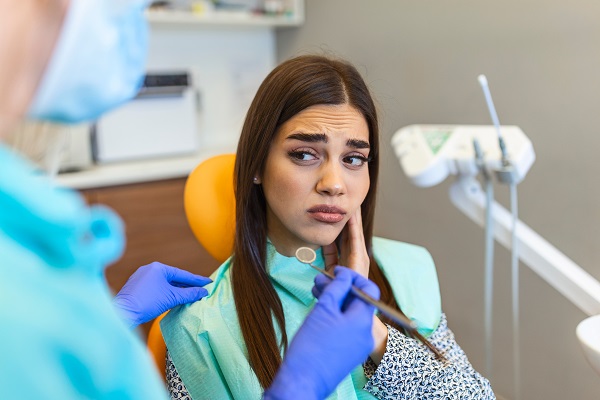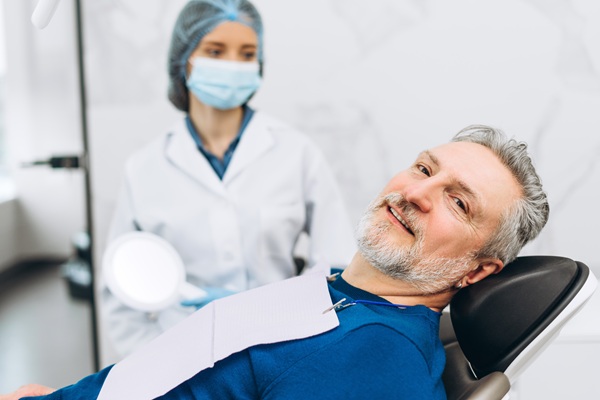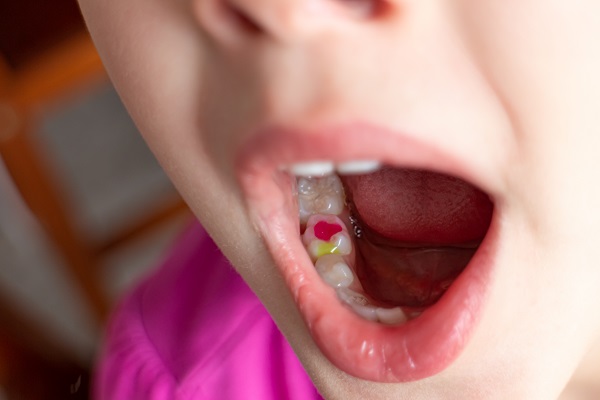3 Tips to Prepare for Root Canal Treatment

Root canal treatment is often the first line of defense for treating teeth with compromised pulp chambers. The pulp chamber is the innermost layer of a tooth, and it stores nerves, blood vessels, and connective tissues. The chamber is sealed off from the rest of the tooth to protect it against bacteria and other irritants in the mouth.
However, tooth decay or trauma to a tooth can expose this area. This drastically increases the risk of the tooth becoming infected because bacteria in the mouth can now access the soft tissues in the pulp chamber. Root canal treatment involves removing these soft tissues and resealing the tooth. A fully developed tooth no longer needs these soft tissues because it can get everything that it needs from the surrounding blood vessels.
Preparing for root canal treatment
There is no need to be apprehensive about a root canal appointment. Many people believe that it is one of the most painful dental procedures, but that is not the reality. Local anesthetics are administered at the start of the root canal procedure, so patients do not feel pain while the dentist works on their tooth. The injection is usually the most pain that patients will feel during the procedure. Topical anesthetics can be used to minimize pain if the patient has a fear of injections.
Once the area being worked on has been numbed, the dentist uses a dental drill to make a hole into the pulp chamber so they can access it. Dental files are used to extract the soft tissues in the pulp chamber and to clean the area.
Afterward, medication is inserted into the hole, and the tooth is sealed with a rubbery material called gutta-percha. The tooth can then be rebuilt with composite bonding or by placing a crown on it. Here is how a patient can prepare for their root canal appointment.
1. Eat a few hours before the procedure
Powerful local anesthetics are used during root canal therapy, and patients might not be able to eat for a few hours after the procedure. Injecting parts of the mouth with a local anesthetic numbs tissues like the tongue, increasing the risk of biting them. Aim to eat a balanced meal about two hours before your appointment. This gives your body the nutrients that it needs to start the recovery process after the procedure is completed.
2. Avoid alcohol
Dentists typically recommend not drinking alcohol for at least 24 hours before your appointment. Alcohol dries out the mouth and increases the risk of complications. It also increases how long it will take to recover from the procedure.
3. Get a full night’s rest
Try to get a full night’s rest before your root canal appointment. This makes it easier for your body to deal with the stress of the procedure, and it can shorten recovery time.
We save teeth
Do you think that you need a root canal? Give us a call or visit our Manalapan clinic to set up an appointment with our dentist.
Request an appointment here: https://vsndental.com or call VSN Dental PC at (732) 795-6073 for an appointment in our Manalapan office.
Check out what others are saying about our dental services on Yelp: Root Canal Treatment in Manalapan, NJ.
Recent Posts
For many dental patients, getting a root canal can be scary. If you have long associated this procedure with pain and discomfort, it is time to understand how this process works. While there may be some soreness following the treatment, a root canal is not as rigorous as you may think. It can preserve teeth…
With a root canal, a dentist or endodontist can eliminate pain and save the patient’s permanent tooth; Two great accomplishments. Although dental professionals do everything they can before resorting to this procedure, patients typically handle it quite well. A root canal has a high rate of success for the millions of people who have it…
Practicing preventive dentistry is an effective way to establish good oral health. Strict personal oral hygiene practices result in fewer dental problems. Strengthening these practices with regular dental appointments makes preventive dental care even more efficient. Preventive dentistry becomes even more effective by avoiding some bad habits.This habit increases the risk of chipping teeth. It…
Practicing preventive dentistry strategies can help you avoid serious dental problems. It can support your personal goals in keeping your gums and teeth healthy. Prevention is always better than going through treatments for serious dental problems. If you want to know how preventive dentistry can avoid the development of a serious oral problem, here are…


